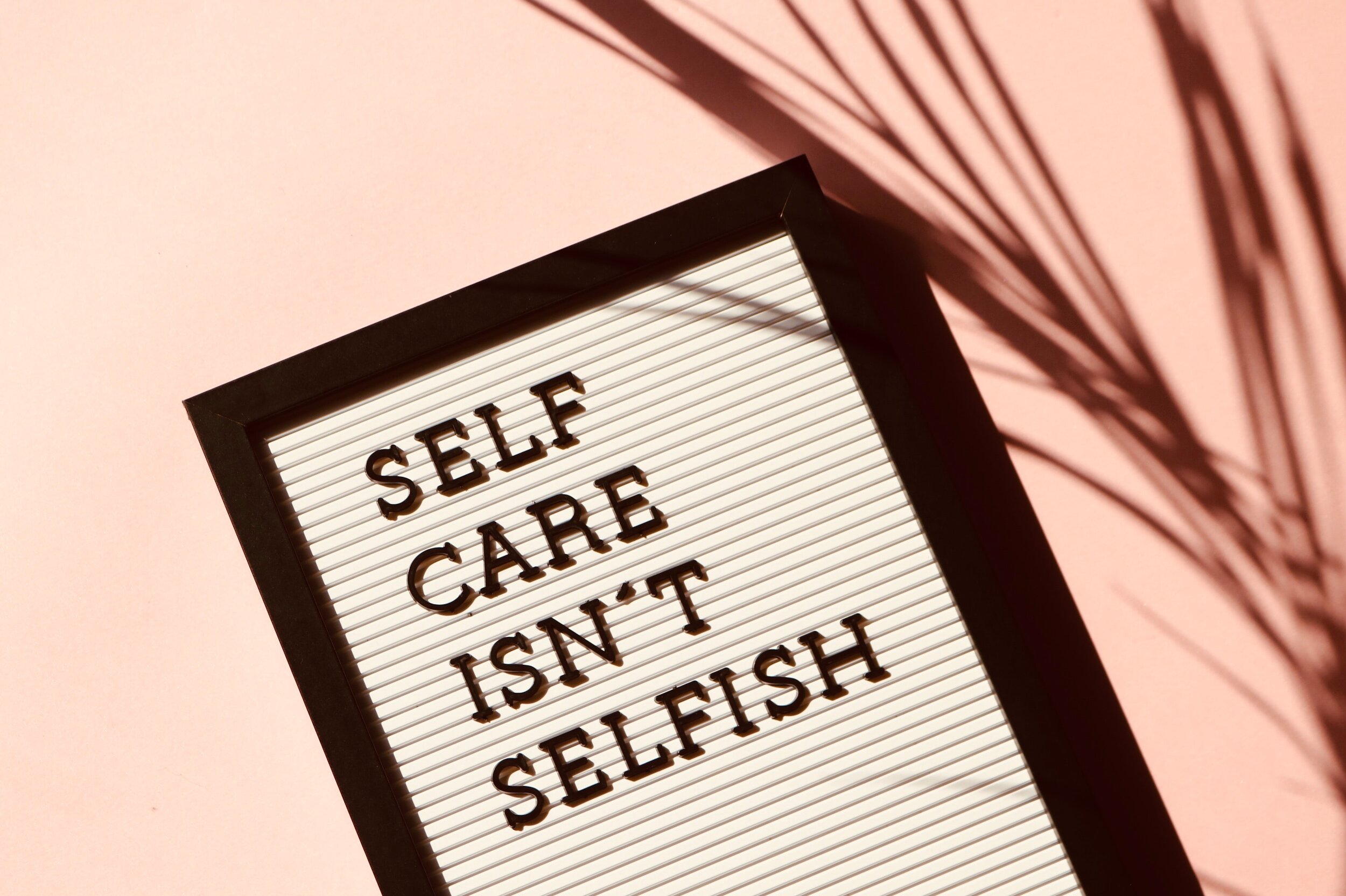“I’m sorry. I was wrong. I can see that I hurt you and I shouldn’t have done that. I value our relationship. I will make every effort not to do that in the future.” Wouldn’t it be so helpful to hear that when someone hurt you?
What we often get instead is…”I wouldn’t have done that if you hadn’t….” Or, “I’m sorry you’re so sensitive.” Or, “I’m sorry your feelings are hurt but the reason I did this is because you….” Or, often we get silence and are expected to move on in a relationship with no acknowledgment or resolution around the hurt.
If you’re like most humans, you appreciate and need a sincere, heartfelt apology as a part of repairing a relationship. However, it’s often easier to receive an apology than to give one. Apologizing is the humbling act of taking direct, verbal responsibility for something hurtful you’ve done to someone else. And, following up the verbal apology with a behavioral commitment to change your behavior to prevent repetitive hurt. Apologizing is a cornerstone of healthy relationship.
If apologizing is hard for you, you may have some of the following common objections to saying you’re sorry:
· I didn’t intend to hurt anyone.
· Parents aren’t supposed to apologize to their kids.
· The other person hurt me too and they need to apologize first.
· If I apologize, I’m giving away power I have in the relationship.
· The other person deserved the hurtful thing I did.
· I don’t do anything wrong so I don’t owe anyone an apology.
While these objections can be powerful motivations preventing apology, the cost is disconnected relationship that lacks trust and accountability. Apologizing is non-negotiable if you want honest, reciprocal, trustworthy relationship.
So, you know you need to apologize but how do you get it right?
5 Things NOT do when Apologizing:
1. Don’t make excuses. Someone you’ve hurt is not interested in why you hurt them.
2. Don’t lecture. If there is something you want the other person to do differently in the future of your relationship, address that issue at a separate time, not on the heels of your apology.
3. Don’t use apology to get results. Apologize because you care and you have remorse for hurting the other person. Don’t apologize to get the other person to quickly move on from their pain, to finish a work project, or to move back to life as usual because this is more comfortable for you.
4. Don’t insult the hurt person’s emotional experience. “I’m sorry you’re so sensitive” is not an apology. It’s an insult and indicates no responsibility for your hurtful behavior.
5. Don’t demand forgiveness. The hurt person gets to decide how they will receive your apology. If they choose to forgive you, they get to decide that in their own time.
5 Things TO do when Apologizing:
1. Take full responsibility for your part. Reflect on what you understand was hurtful behavior on your part. Say you’re sorry and say specifically what you did that was hurtful. “I’m sorry I stood you up for our lunch date.” Even if the other person did something hurtful to you in this situation, now is not the time to say it. Own your part and hold them accountable for their part in a separate discussion.
2. Validate the emotion of the hurt party. “I can see and understand that it was hurtful to you when I did not show up for lunch.”
3. Communicate the value of the relationship. “Our friendship is important to me and my behavior did not reflect that.”
4. Communicate and follow through on a plan for change. “I commit to doing better in the future. If I make plans with you, I will show up or let you know in advance if I have a change of plans.”
5. Keep it simple. Apologize and leave it at that. Correcting, lecturing, or explaining your behavior will only take away from the apology.
While apologizing can be difficult at times, it’s a healthy practice that causes self-awareness, personal growth, and relational maturity. There is something freeing about admitting you are wrong sometimes and taking the steps to make things right with others. Sincere apology followed by behavioral change can be profoundly healing in any relationship. These tips can be used in marriage, friendship, parent-child relationships, work, and beyond. Connect with more emotional and relational health resources at journeybravely.com for your counseling and coaching journey.
Stephenie is a Licensed Clinical Social Worker with 18 years experience specializing in emotional/relational health counseling. Stephenie loves hearing others’ stories and helping people find new perspective that produces peace, healing, and connection through individual counseling. Stephenie provides treatment for adults, teenagers, couples, and families with anxiety symptoms, parenting struggles, teen issues, depression, grief, divorce, and other life transitions. Realizing your life is out of balance and ready to schedule your initial counseling session? Connect here for information about counseling Stephenie provides and get your initial therapy session scheduled.





















